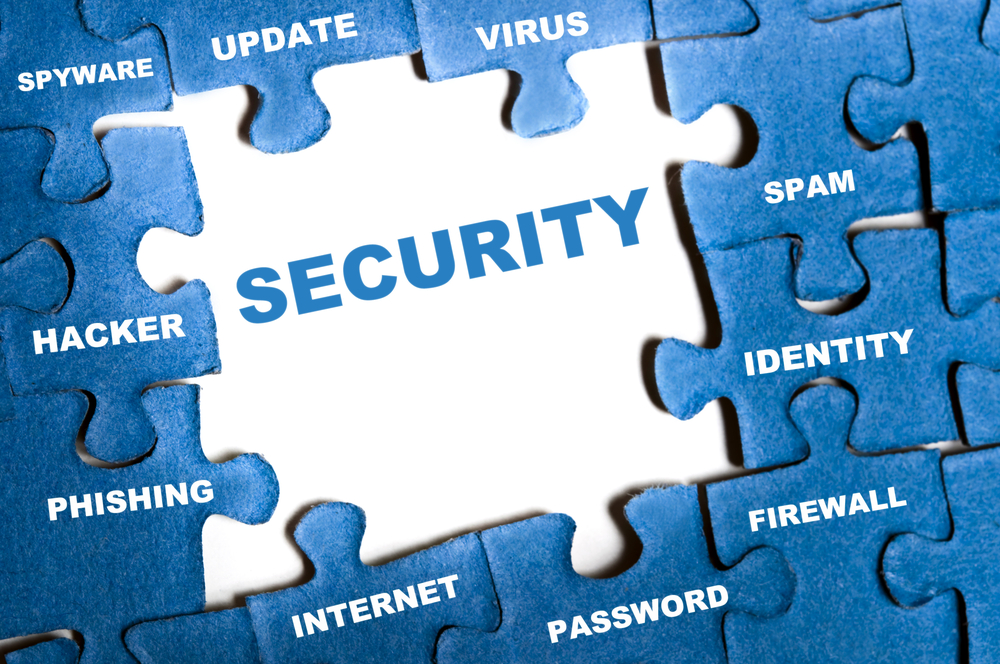Protect your business! 7 tools of cybersecurity that entrepreneur needs
News | 02.02.2018
If you do not take proactive steps to protect the digital assets of your business, then you are definitely at risk. Approximately 43% of all cyberattacks, according to Symantec, are focused on small business - in part because they are large enough to be valuable, but also small enough to be vulnerable.
In addition, according to the National Alliance for Cybersecurity, 60 percent of small and medium-sized businesses that were hacked went out of business six months after cyberattacks.
Therefore, the conclusion suggests: enterprises that do not invest enough in their cybersecurity probably do not invest enough in other areas of their business. But statistics are still a concern, so if you want to protect your business, you need to make the investments and updates necessary for security.
The problem is that for an inexperienced entrepreneur or business without an official IT department, the world of cybersecurity is very confusing. Fortunately, you do not need to be a technical expert to make reasonable decisions regarding investment and protection. In fact, there are many tools that can protect you from the vast majority of potential attacks.
Here are some of the most important security tools that you will need for your business:

Password tools
According to Deloitte, your passwords are one of the biggest vulnerabilities in your business, with 90 percent of the passwords being weak enough and available for hacking. Choosing strong passwords, managing them effectively and changing them often are some of the best ways to prevent any cybercrime. The whole problem is where to store passwords securely. Therefore, a security tool such as Hideez Key can help. It stores up to 1000 passwords to your accounts in social networks, mail, cloud services, local applications. In order to enter the password, just press the button on the keyfob or the "hot key" on the keyboard.
VPN
You also need to use a virtual private network (VPN), which can encrypt all of your network traffic. The only network vulnerability is all that is required for an attacker to gain access to all your data, so invest in a tool such as Portnox Clear. The solution provides continuous monitoring of local and remote network devices, cloud environments regardless of the type of connection: wired, wireless, VPN.
Antivirus software
You also need to invest in antivirus software for your devices. Antivirus software is not a reliable bet to protect you from hackers, but it will keep you up to date if your computer is infected with malware, and scans e-mail attachments to make sure they are not malicious. AVG Technologies offers free anti-virus software for individual users and special packages for businesses. In the market there is also McAfee and other options.
Firewall
Invest in a firewall that will monitor incoming and outgoing traffic, filter out specific threats, and even block some sites altogether. The firewall will not protect you from all the threats on the Internet, but this is an additional level of insurance, which you should not refuse.
Better equipment
Old computers, servers and other hardware can be less expensive, but they create much more serious security risks. They tend to use older software and have security holes that are known and exploited for years. Make sure that you update your equipment regularly, every few years.
Better software (for all)
You will also need to pay close attention to what software and applications you use for tasks such as data storage, communication and project management. Each individual platform has its strengths and weaknesses, so choose vendors you trust with a long history of protecting customer data.
Education
Finally, invest in training and awareness of your employees. Most hacks are explained by human mistakes, so more educated employees will be able to prevent them. Allocate time each month to check for updates, and remind your employees about the importance of habits, such as changing passwords regularly and avoiding suspicious links.
Stay alert!
Over the past 2 years, more than 14 million companies have been "hacked", but your business should not be next in line. While you make a reasonable investment, regularly monitor and improve the habits of your employees, and commit to stay abreast of the latest digital threats, you will significantly reduce your risks. Whatever you do, you have the right to protect your business from cyber threats.







